Controversial Blacklist of 'poor Quality' Journals
The government hopes it will improve research quality, but some researchers are sceptical.

Send us a link
The government hopes it will improve research quality, but some researchers are sceptical.

Two leading university presses are changing the way they sell their digital collections to libraries - cutting out the middlemen. Will others follow suit?
The eLife website now has a dedicated section for plain-language summaries of the latest research.
The papers from the lab of Dr. Piero Anversa, who studied cardiac stem cells, 'included falsified and/or fabricated data,' according to a statement from the two institutions.

How three scholars gulled academic journals to publish hoax papers on ‘grievance studies.’
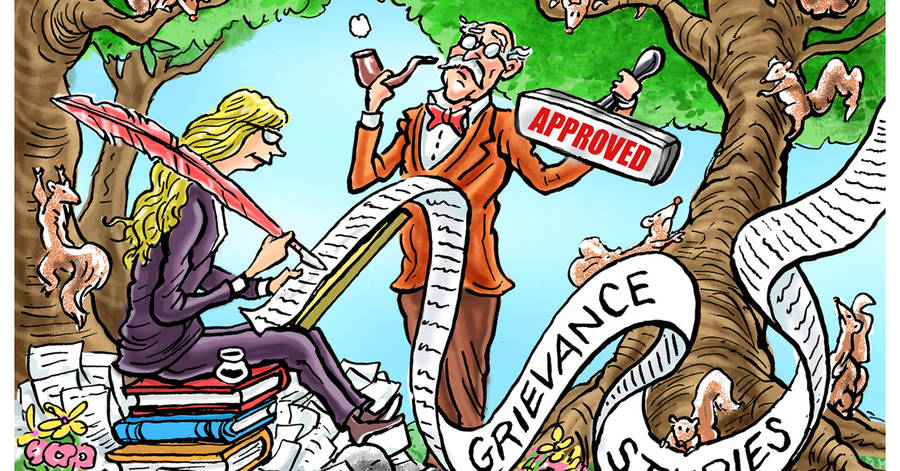
A paper that examines the relationship between placement of publications in Top Five journals and receipt of tenure in academic economics departments.
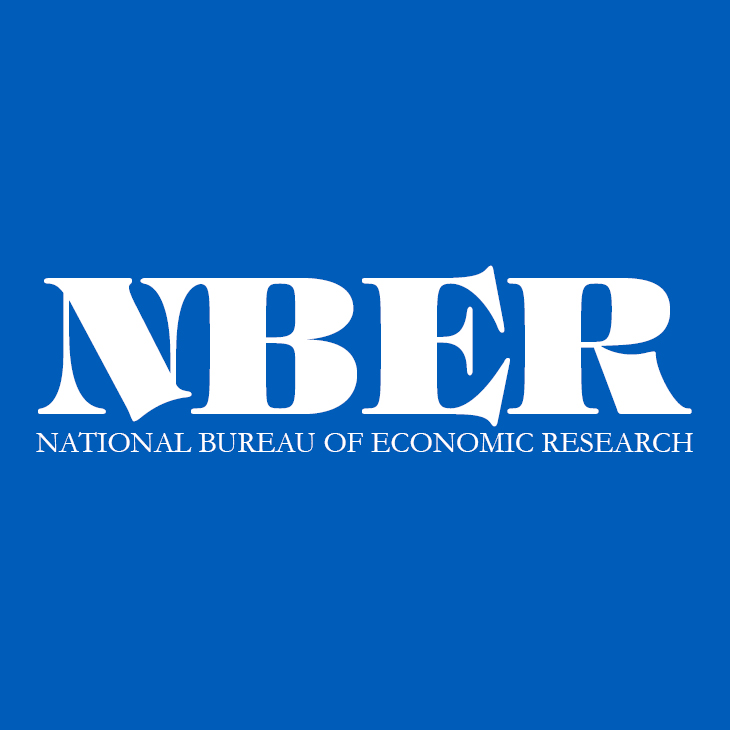
If we really want transdisciplinary research, we must ditch the ordered listing of authors that stalls collaborative science.
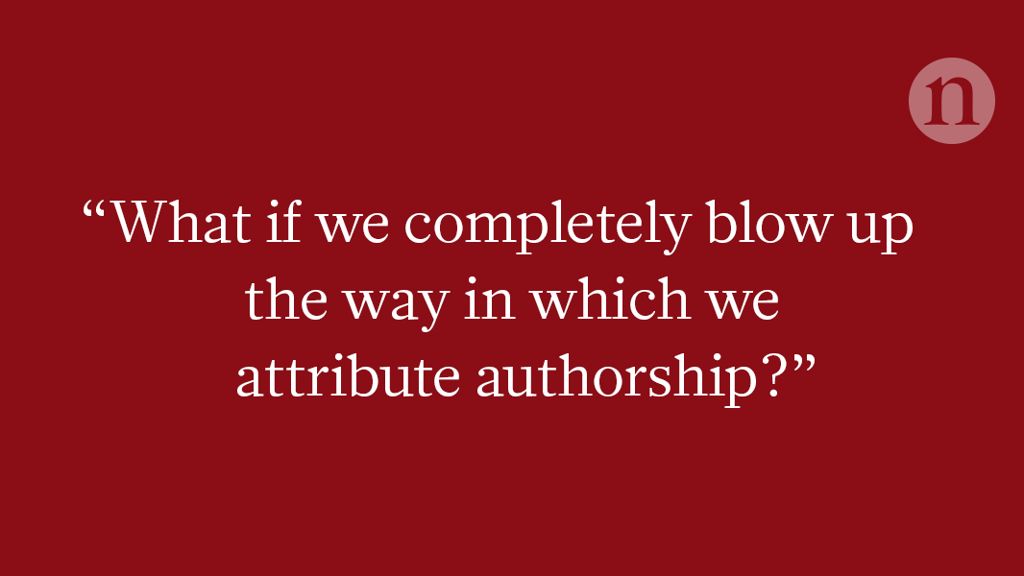
The implications of a simultaneous redirection of the big publishers' business strategy towards open access business models and the acquisition of scholarly infrastructure utilizing the conceptual framework of rent-seeking theory.
Essay on how traditional publishing works: its market mechanism and editorial strategy.

As artificially intelligent tools for literature and data exploration evolve, developers seek to automate how hypotheses are generated and validated.
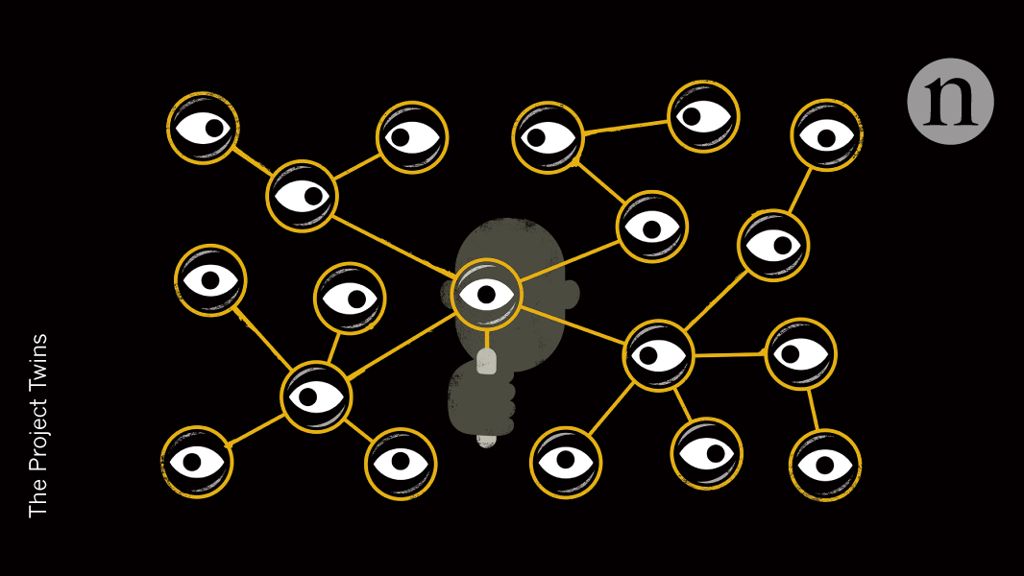
Academic publishers have some of the highest profit margins in the world. In the digital age, researchers are starting to wonder whether publishers actually deserve this much money.
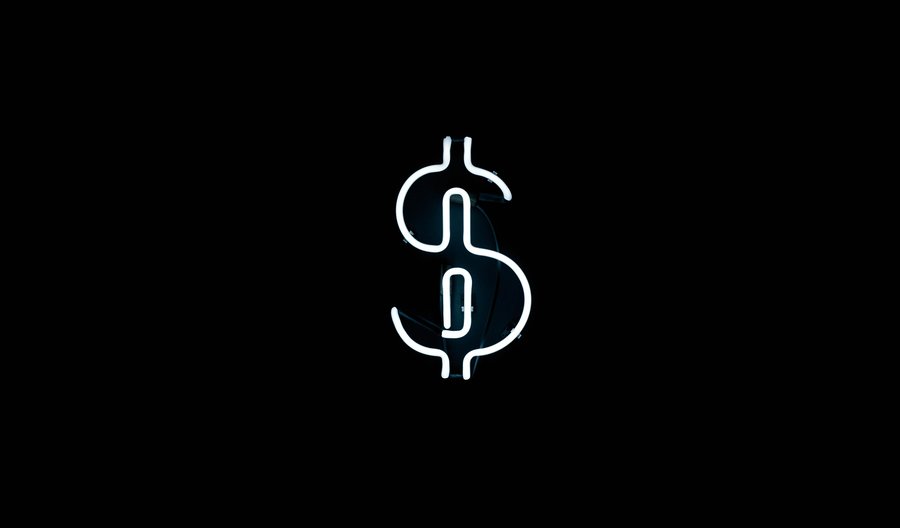
To highlight uncertain norms in authorship, John P. A. Ioannidis, Richard Klavans and Kevin W. Boyack identified the most prolific scientists of recent years.
Science chats with statistician John Ioannidis about "hyperprolific" authors.

The decision by The Review of Higher Education, a highly respected academic journal, to temporarily suspend submissions due to a backlog of more than two years’ worth of articles awaiting reviews or publication set off a twitter storm and much debate in the corridors of academia about the future of academic publishing, and in particular its very foundation, blind peer review.
All 10 senior editors of the open-access journal Nutrients resigned last month, alleging that the publisher, the Multidisciplinary Digital Publishing Institute (MDPI), pressured them to accept manuscripts of mediocre quality and importance.

This really gives a new meaning to the "paper of record."
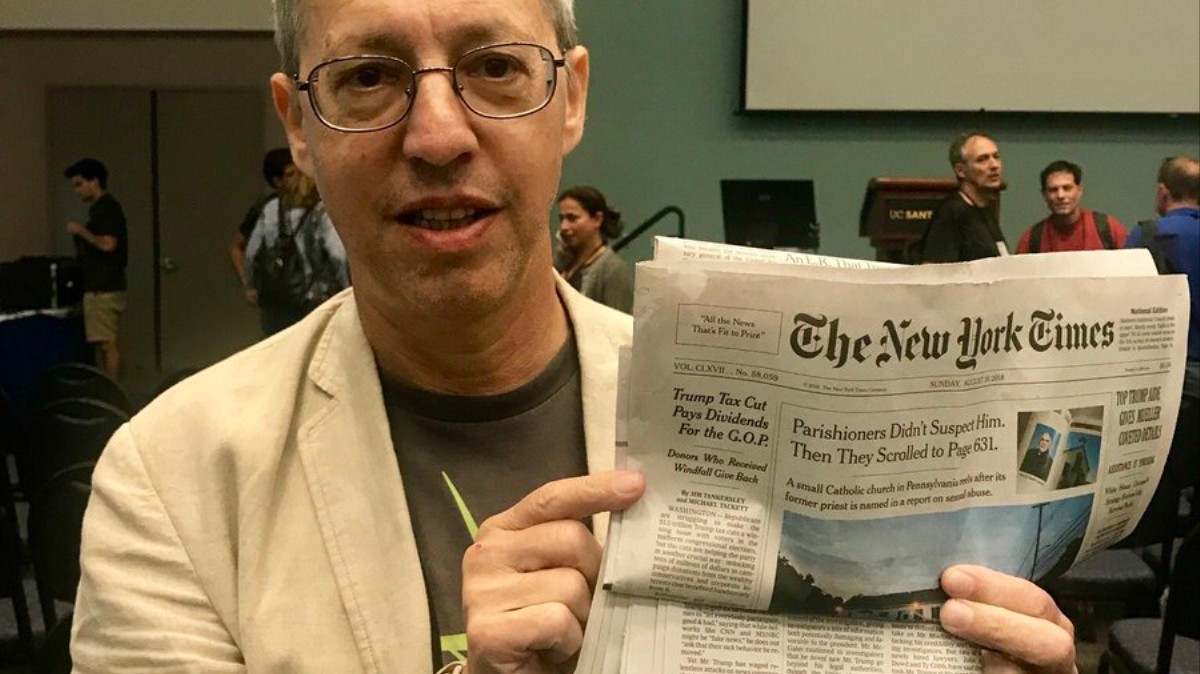
But academics say government incentives to publish are part of the problem.
Dimensions by Digital Science (owned by Holtzbrinck Publishing) is a new database that includes not only data about publications and their natural associated citation graph, but also awarded grant data, patent data and clinical data and altmetric attention data.

eLife is conducting an open search for a new Editor-in-Chief to succeed Randy Schekman.
A Guardian investigation, in collaboration with German broadcaster Norddeutscher Rundfunk, reveals the open-access publishers who accept any article submitted for a fee.

What will it take to make the majority of scholarship open access so anyone can read it without a paywall?

An international investigation has discovered that some 400,000 scientists have published papers in so-called "predatory journals". Action taken after number of journals run by such publishers triples since 2013.

Despite two lost legal battles in the US, domain name seizures, and millions of dollars in damage claims, Sci-Hub continues to offer unauthorized access to academic papers. The site's founder says that she would rather operate legally, but copyright gets in the way. Sci-Hub is not the problem she argues, it's a solution, something many academics appear to agree with.

One of the effects of the national negotiations happening in Europe is cracking the secrecy around the costs of the big publisher deals - and growing academic awareness of the case for change.
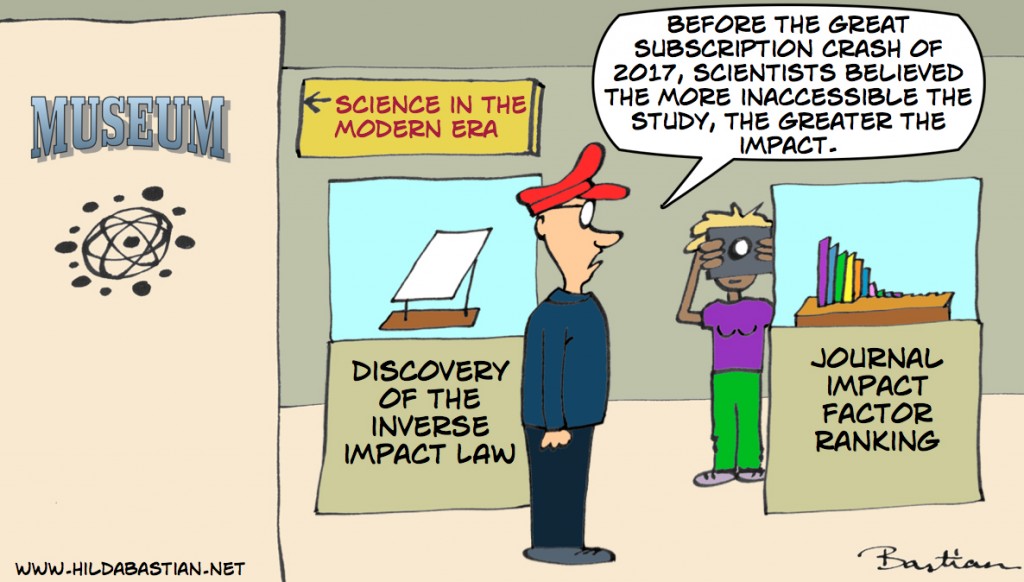
This Frontiers blog post from presents a journal analysis contrasting open access journals and subscription journals based on data from SCImago (Scopus).
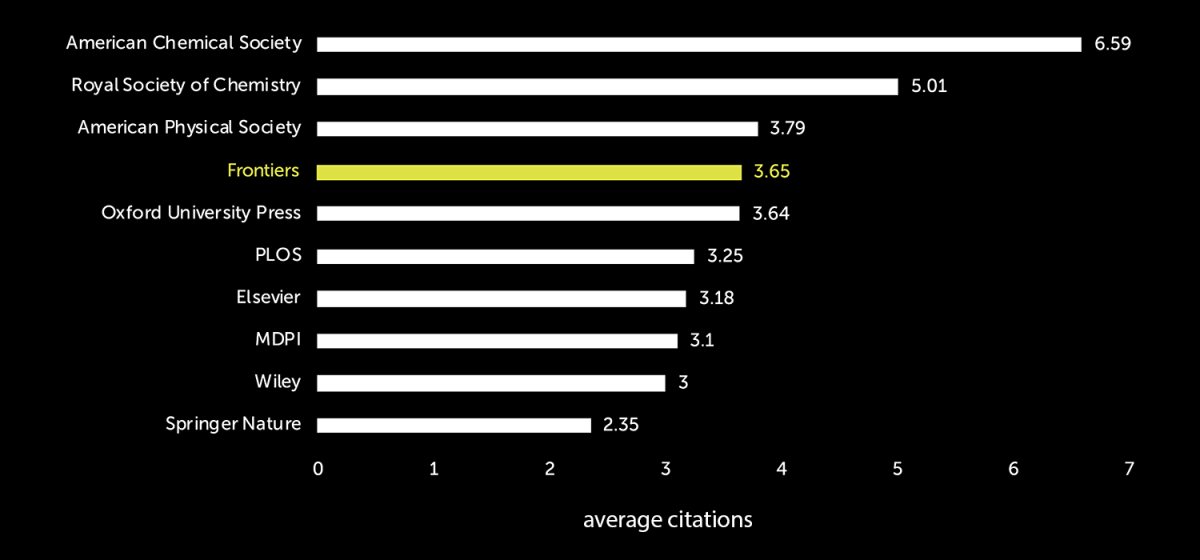
Summarizing the literature on predatory journals, describing its epidemiological characteristics, and extracting empirical descriptions of potential characteristics of predatory journals.
With the current crisis that Academia is witnessing; irreproducibility of scientific research, extravagant costs associated with…

On the research data repository Zenodo you can now view the number of views and downloads on record pages, and you can sort search results by most viewed.
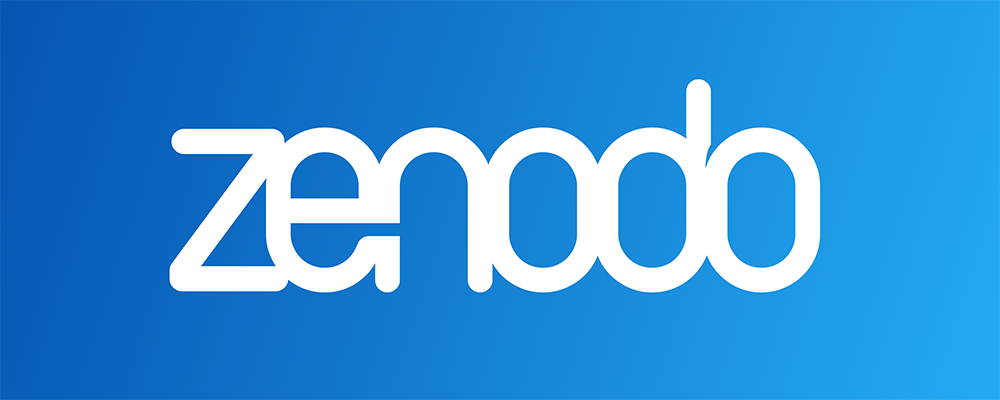
Negotiations with Elsevier have stalled over Open Access deals.
Academic publishing is dominated by a small number of commercial firms. How can the academy take control of scholarly publishing?
